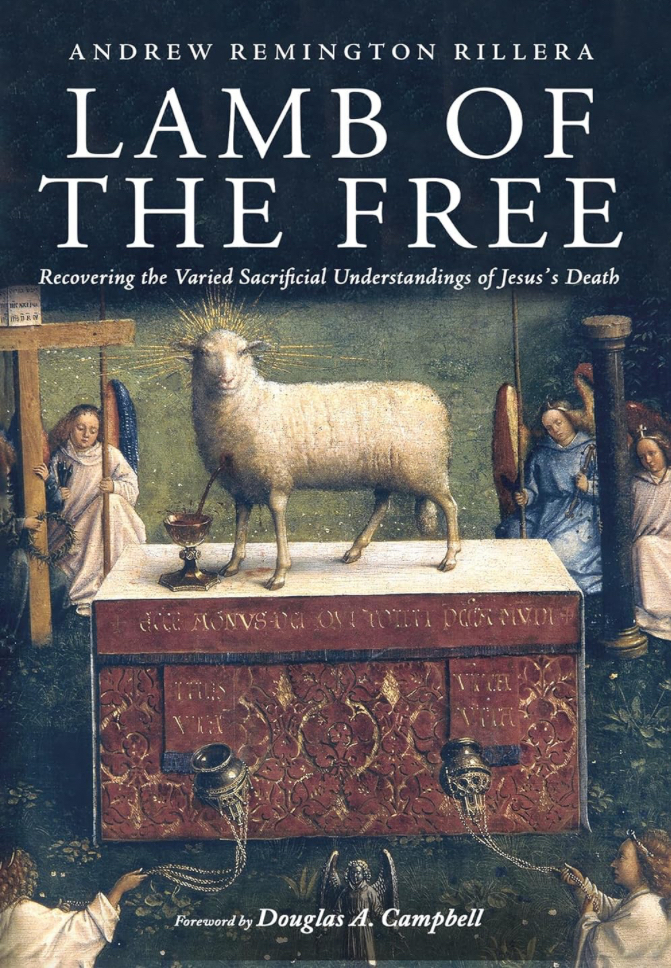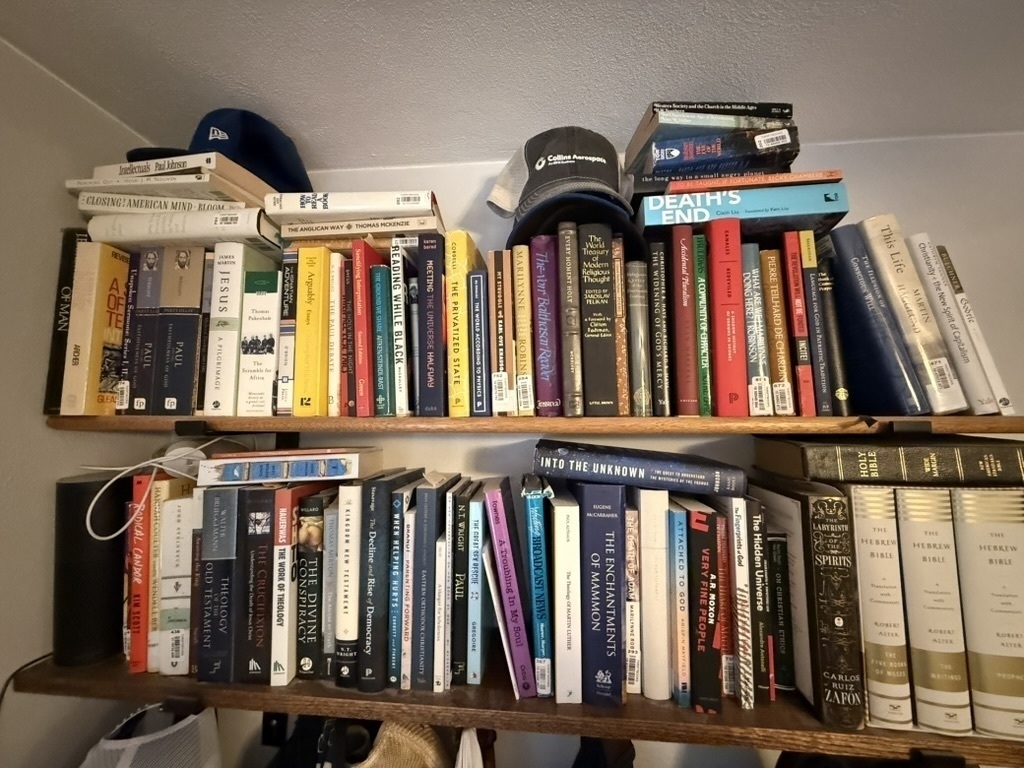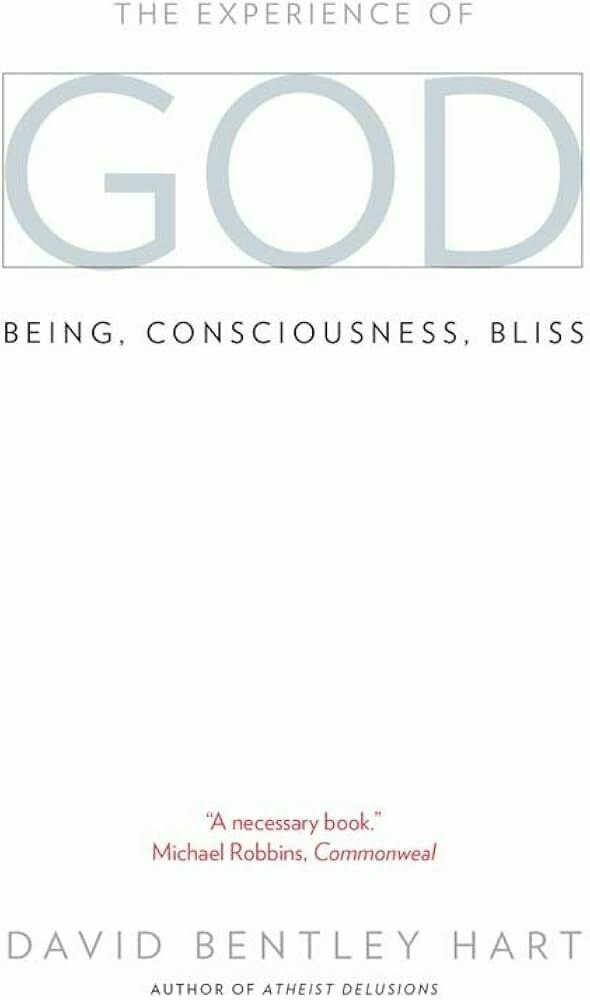Category: David Bentley Hart
You are viewing all posts from this category, beginning with the most recent.
My 2024 Reading In Review
Another year full of books! (Previous summaries: 2023,2022, 2021, 2020, 2019, 2018, 2017, 2016, 2015, 2014, 2013, 2012, 2011, 2010, 2009, 2008, 2007…
I read 63 books for the year, a few less than last year. I keep saying I’m going to stop logging to Goodreads, but it’s so easy and I’ve kept track there for so long that I still do it. I also keep my Bookshelf site over on my own website which I prefer to link you to instead.
The list is almost exactly a 50/50 split between fiction and non-fiction.
Here’s the full list of reading, with particular standouts noted in bold:
Theology / Ministry
- Varieties of Christian Universalism by David W. Congdon
- The Lost World of the Prophets by John H. Walton
- Reading Genesis by Marilynne Robinson
- From The Maccabees to The Mishnah by Shaye J. D. Cohen
- A Window to the Divine by Zachary Hayes
- Wounded Pastors by Carol Howard Merritt
- Lamb of the Free by Andrew Remington Rillera
- Making All Things New by Ilia Delio
- Reaching Out by Henri J. M. Nouwen
- The Experience of God by David Bentley Hart
- The Hours of the Universe by Ilia Delio
- A Private and Public Faith by William Stringfellow
I wrote about the Zachary Hayes book this summer. It’s small and delightful. And I’m looking forward to revisiting Andrew Remington Rillera’s Lamb of the Free as a part of a book club starting next week.

Science and History
- The Kingdom, The Power, and The Glory by Tim Alberta
- Finding Zero by Amir D. Aczel
- The Murder of Professor Schlick by David Edmonds
- Ringmaster by Abraham Riesman
- The Grand Contraption by David Park
- Neurotribes by Steve Silberman (RIP)
- 3 Shades of Blue by James Kaplan
- A General Theory of Love by Thomas Lewis
- Space Oddities by Harry Cliff
- The Hidden Spring by Mark Solms
- Rise and Kill First by Ronen Bergman
- Black AF History by Michael Harriot
- Debt by David Graeber
Ringmaster is a biography/history of Vince McMahon and his WWE empire. It’s a must-read as we enter four more years of a Trump presidency that will be about image and story line rather than truth.
Graeber’s book was fantastic as social science but prompted me to think theologically.
Memoir and Biography
- This American Ex-Wife by Lyz Lenz
- The Exvangelicals by Sarah McCammon
- An Autobiography, or, The Story of My Experiments With Truth by Mahatma Gandhi
Other Miscellaneous Non-Fiction
- Cultish: The Language of Fanaticism by Amanda Montell
- All Things Are Too Small by Becca Rothfeld
- Never Split the Difference by Chris Voss
- How to Read a Book by Mortimer Adler and Charles Van Doren
Fiction
- The Downloaded by Robert J. Sawyer
- Hell Is a World Without You by Jason Kirk
- In Universes by Emet North
- Exordia by Seth Dickinson
- Through a Forest of Stars by David Jeffrey
- Sun Wolf by David Jeffrey
- The Practice, The Horizon, and The Chain by Sofia Samatar
- The Light Within Darkness by David Jeffrey
- The Future by Naomi Alderman
- Siddhartha by Hermann Hesse
- The Year of the Locust by Terry Hayes
- Martyr! by Kaveh Akbar
- The Revisionaries by A. R. Moxon
- Lincoln in the Bardo by George Saunders
- I Cheerfully Refuse by Leif Enger
- The Midnight Line by Lee Child
- Blue Moon by Lee Child
- Do We Not Bleed? by Daniel Taylor
- Heavenbreaker by Sara Wolf
- Red Side Story by Jasper Fforde
- Airframe by Michael Crichton
- Extinction by Douglas Preston
- Killing Floor by Lee Child
- Die Trying by Lee Child
- Moonbound by Robin Sloan
- Some Desperate Glory by Emily Tesh
- Creation Lake by Rachel Kushner
- 2054 by Elliot Ackerman
- Shadow of Doubt by Brad Thor
- Tripwire by Lee Child
- Spark by John Twelve Hawks (unintentional re-read)
Summary
I didn’t realize until I typed up the list for this post that I had run through so much fiction. Guess it was a year I needed some lighter reading. I did a quick count on the books on my to-read shelf and if I constrained myself to just those books, I might have it cleaned off by this time next year. (I mean, that’s unlikely, but it’s a decent goal.)

David Bentley Hart’s “The Experience of God”
With some of my recent reading getting my mental wheels turning about the nature of who God is, I figured it was a reasonable time to pull The Experience of God off my shelf. Right off the bat in the introduction, Hart promises what I was hoping for: “My intention is simply to offer a definition of the word ‘God’…” Unfortunately, 332 pages later, what David Bentley Hart has written isn’t at all simple, and approaches a definition of “God” only from an oblique angle.

Hart structures the book in three major parts. In the first, he clarifies that the “God” he is describing is the ultimate deity, the prime mover, from which all other creation and being have their source. It is here even in the beginning section that he starts taking aim at what appears to be his actual target with this book: the arguments of the popular atheists of the late 20th and early 21st century. (Richard Dawkins is a regular whipping boy.)
The second section (comprising the bulk of the book) is structured around three characteristics which Hart points to as the core aspects of God: being, consciousness, and bliss. Each of these (long) chapters seems less interested in enlightening the reader on who God is than in disputing with the atheists and materialists. God is the root of being, declares Hart, and anyone who says differently is just stupid. There is no materialist explanation for consciousness, says Hart, and the materialists who argue for an evolutionary reason and dismiss God are illogical and foolish. There is no evolutionary reason for a search for beauty, truth, and goodness, says Hart, and those who would try to argue thus are intellectually dishonest. So it goes.
Hart’s arguments are at his strongest when he’s arguing for something instead of railing against something. The first part of his chapter on bliss was particularly good in that regard. Sadly, most of the book goes the other direction.
It’s very hard to review Hart without taking his blustery style into consideration. He’s never met a big word he didn’t like. He makes huge sweeping assertions without any hint of supporting justification. He seems to think that just by declaring something “obviously” wrong that it’s obvious to everyone and doesn’t need explained. In doing so he dismissively waves away not just the weak sauce of people like Dawkins but also more substantive scientists and thinkers who deserve better. Hart falls almost into self-parody at the beginning of chapter six: “[W]e should not mistake every pronouncement made in an authoritative tone of voice for an established truth.” While aiming this at popular atheists, it’s an argument that is equally valid against Hart himself.
There’s an old joke about a preacher, who at one point in his sermon notes has written: “weak point, pound pulpit”. As a lay theologian and not much of a philosopher at all, my trouble with Hart’s book is that he does so much pulpit pounding it makes me suspect the strength of his points. Even in places where I find myself in agreement with his conclusions I have a hard time feeling like the book was beneficial.
DBH: Can we relax about "socialism"?
David Bentley Hart reworks his Facebook post from last year (which I posted about at the time) into a New York Times opinion piece. It’s still sharp and incisive in all the best ways. A snippet or two:
I have lived abroad often enough to be conscious of the flaws in various nations’ social democratic systems. But I know too that those systems usually make possible something closer to a just and charitable society than ours has ever been.
One need not idealize any of these nations or ignore the ways in which they differ in balancing public and private financing of civic services. But all of them are, broadly speaking, places where — without any unsustainable burden on the national economy — the cost of health care per capita is far lower than it is here and yet coverage is universal, where life spans are longer, where working people are not made destitute by serious illnesses, where a choice between food or pharmaceuticals need never be made, where the poor cannot be denied treatments by insurance adjusters, where pre-existing health conditions could never be denied coverage, where most people have far more savings and much lower levels of debt than is the case here, where very few families live only a paycheck away from total poverty, where wages generally keep pace with inflation, where every worker has decent vacation time each year, where suicide and opioid addiction are not the default lifestyle of the working poor, where homelessness is exceedingly rare, where retirement care is humane and comprehensive and where the schools are immeasurably better than ours are.
Americans, however, recoil in horror from these intolerable impositions on personal liberty.
Brutal.
Welcome to America...
David Bentley Hart with a prophetic critique of America in a recent NYT column (HT to Richard Beck for pointing it out):
“America — with its decaying infrastructure, its third-world public transit, its shrinking labor market, its evaporating middle class, its expanding gulf between rich and poor, its heartless health insurance system, its mindless indifference to a dying ecology, its predatory credit agencies, its looming Social Security collapse, its interminable war, its metastasizing national debt and all the social pathologies that gave it a degenerate imbecile and child-abducting sadist as its president — remains the only developed economy in the world that believes it wrong to use civic wealth for civic goods. Its absurdly engorged military budget diverts hundreds of billions of dollars a year from the public weal to those who profit from the military-industrial complex. Its plutocratic policies and libertarian ethos are immune to all appeals of human solidarity. It towers over the world, but promises secure shelter only to the fortunate few.” –David Bentley Hart, “The New York Yankees Are a Moral Abomination”
David Bentley Hart, from The Doors of the Sea
A lovely passage from the conclusion of The Doors of the Sea, wherein David Bentley Hart addresses the how can a good God allow suffering? question:
[W]e Christians are not obliged (and perhaps not even allowed) to look upon the devastation of that day - to look, that is, upon the entire littoral rim of the Andaman Sea and Bay of Bengal and upper Indian Ocean strewn with tens of thousands of corpses, a third of them children - and to attempt to console ourselves or others with vacuous cant about the ultimate meaning or purpose residing in all that misery. Ours is, after all, a religion of salvation. Our faith is in a God who has come to rescue his creation from the absurdity of sin, the emptiness and waste of death, the forces - whether calculating malevolence or imbecile chance - that shatter living souls; and so we are permitted to hate these things with a perfect hatred. And we are not only permitted but required to believe that cosmic time as we know it, through all the immensity of its geological ages and historical epochs, is only a shadow of true time, and this world only a shadow of the fuller, richer, more substantial, more glorious creation that God intends; and to believe also that all of nature is a shattered mirror of divine beauty, still full of light, but riven by darkness… When, however, we learn in Christ the nature of our first estate, and the divine destiny to which we are called, we begin to see - more clearly the more we are able to look upon the world with the eye of charity - that there is in all the things of earth a hidden glory waiting to be revealed, more radiant than a million suns, more beautiful than the most generous imagination or most ardent desire can now conceive. Or, rather, it is a glory not entirely hidden: veiled, rather, but shining in and through and upon all things… At [disastrous] times, to see the goodness indwelling all creation requires a labor of vision that only a faith in Easter can sustain; but it is there, effulgent, unfading, innocent, but languishing in bondage to corruption, groaning in anticipation of a glory yet to be revealed, both a promise of the Kingdom yet to come and a portent of its beauty.